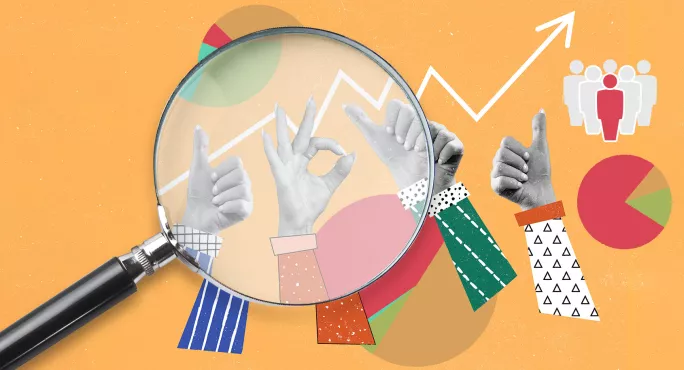How we can broaden the measures of a school’s success

Collecting data to track educational improvement is a very tricky business. While the wider media in Scotland will always latch on to the headline figures of attainment of five-plus Highers (useful if you want to be a doctor or a lawyer, less so otherwise) there are so many other measures - positive destinations, wider achievement awards - which can be used to show the value added by many of our nation’s schools.
So the recent announcement of an extensive consultation on what data we should be looking at to assess progress in closing the attainment gap was a welcome step in improving our current system. However, the possible exclusion of awards such as the Duke of Edinburgh’s Award (DofE) - which Professor Ken Muir’s recent report on education reform in Scotland said should be at the forefront of a “broader curriculum” - does seem like a retrograde step.
The reason given - that access to such awards is not equal - holds no water. Access to a range of Highers and Advanced Highers across the country is certainly not equal, yet they are still valued as an adequate measure of school quality. In remote rural schools, the range of subjects on offer is dependent on staff recruitment and such schools have much less access to a broad range than schools with 1,000-plus pupils in the Central Belt.
So rather than ignoring awards such as DofE because of such a lame excuse, surely we should be looking at ways to increase access across the country?
- Background: Exclusions data could become key in push to close attainment gap
- Quick read: End the ‘overreliance on exams’, says Education Scotland
- Long read: Is the DofE Award relevant to today’s students?
- OECD: Are Scottish school students the world’s ‘most over-examined’?
- Analysis: Can we rely on Scotland’s attainment data?
At my own school, and others that I know, teachers have come up with innovative ways of placing wider achievement awards at the heart of the curriculum. To great success, we introduced a course called ARK (Acts of Random Kindness) to our S3 pupils who wanted, or needed, something different to the more traditional curriculum.
Based around aspects of citizenship, pupils spend the year working cooperatively to look at ways they can help the local community. Using the facilities at the school farm, they have grown and sold products through their own social enterprise, have collected second-hand clothing for redistribution through freecycling, volunteered with local charities and learned about sustainable living.
While obtaining volunteering certificates, such as those under the Saltire Awards banner, they have also been working towards their bronze Duke of Edinburgh. We have been blessed with a group of dedicated staff who have driven this on and have given up their own time for expeditions, to ensure that the class of pupils involved were fully ready for a trip way outside the comfort zone of the majority - some had rarely stepped out of Inverness before.
The course has given some a reason to keep coming to school and many are now looking forward to continuing with their silver award, and perhaps progression to gold over the next few years. This, of course, is where things become more problematic and where a continuing lack of recognition of the achievements gained under DofE may signal the death knell for the higher levels of the award in schools such as mine.
Increasingly, we have seen the gold DofE award, in particular, becoming the sole preserve of private schools, who can afford both the release of staff time and the costs involved in organising lengthy expeditions. These costs have spiralled at the same time as staff with many years’ experience have been increasingly marginalised by the growth in bureaucracy associated with taking pupils out of school.
The teachers in my school, and others, have shown that awards such as DofE can be an essential part of a 21st-century curriculum - but we need a similar vision from those in charge of education at a higher level, to ensure parity of esteem with the more traditional certification model.
John Rutter is headteacher at Inverness High School
You need a Tes subscription to read this article
Subscribe now to read this article and get other subscriber-only content:
- Unlimited access to all Tes magazine content
- Exclusive subscriber-only stories
- Award-winning email newsletters
Already a subscriber? Log in
You need a subscription to read this article
Subscribe now to read this article and get other subscriber-only content, including:
- Unlimited access to all Tes magazine content
- Exclusive subscriber-only stories
- Award-winning email newsletters
topics in this article



